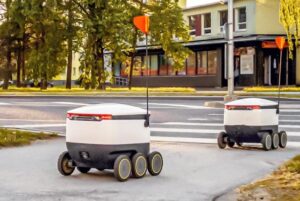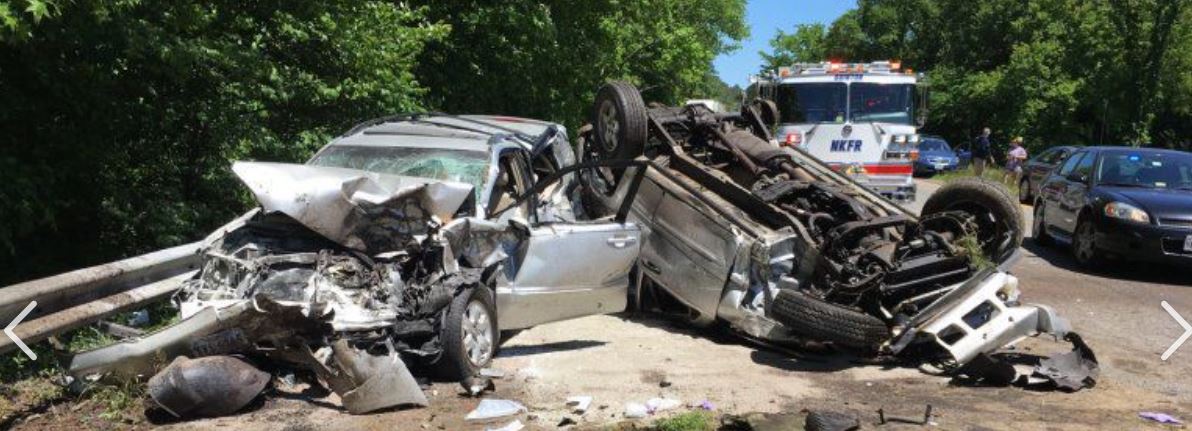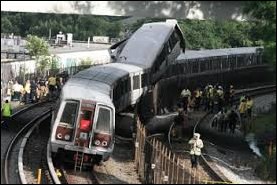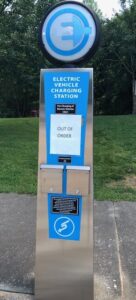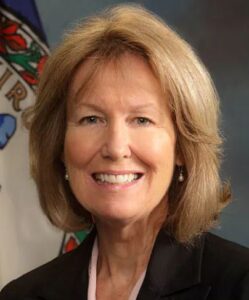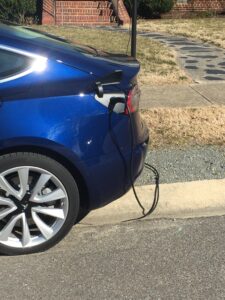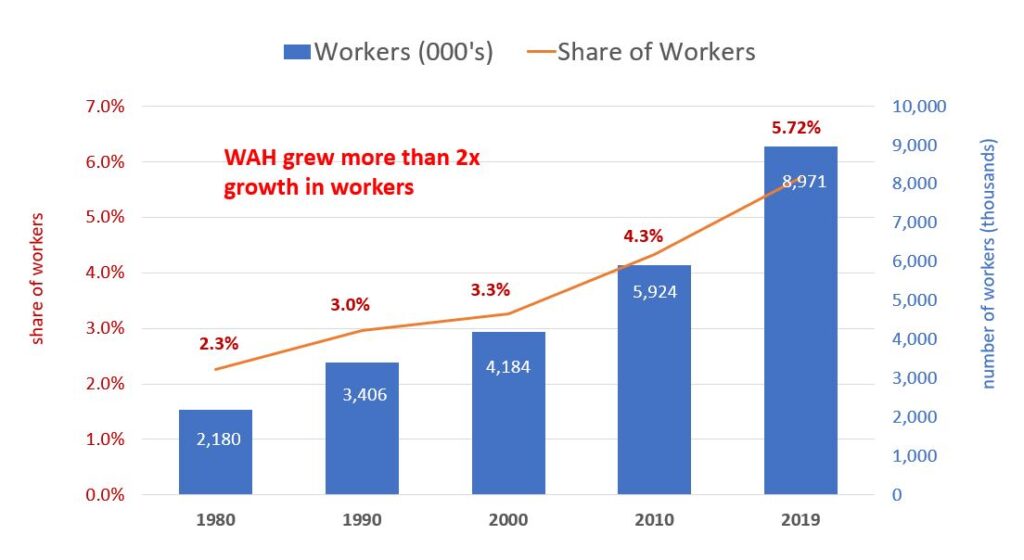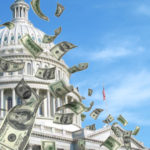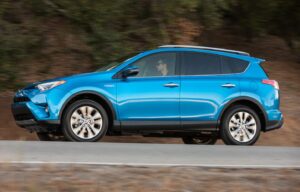 Bye, Bye, Brackney. The City of Charlottesville will not renew the employment contract of Police Chief RaShall Brackney, who took on the job in June 2018, the City announced on its website yesterday. No explanation was given. However, the announcement follows less than two weeks after publication of a survey of Charlottesville police officers showing the morale was in the dumps, that toxic city politics had prompted many to scale back on traffic stops, arrests and community policing, and that few officers felt that Brackney had their back. Among other actions as the city’s first Black female police chief, who came on shortly after the tumultuous Unite the Right Rally, Brackney had dissolved the SWAT Team after allegations of misogynistic and other inappropriate behavior.
Bye, Bye, Brackney. The City of Charlottesville will not renew the employment contract of Police Chief RaShall Brackney, who took on the job in June 2018, the City announced on its website yesterday. No explanation was given. However, the announcement follows less than two weeks after publication of a survey of Charlottesville police officers showing the morale was in the dumps, that toxic city politics had prompted many to scale back on traffic stops, arrests and community policing, and that few officers felt that Brackney had their back. Among other actions as the city’s first Black female police chief, who came on shortly after the tumultuous Unite the Right Rally, Brackney had dissolved the SWAT Team after allegations of misogynistic and other inappropriate behavior.
Speaking of employment contracts… University of Virginia President Jim Ryan was awarded a $200,000 bonus during a closed session of the June 3 Board of Visitors meeting, The Cavalier Daily student newspaper has revealed. The university froze salaries for all employees during the early months of the COVID-19 epidemic, and Ryan and other senior officials took a 10% pay cut. Said Rector Whittington Clement: “When the situation this year became clearer and we had a highly successful handling of COVID-19, we think the University did as well as, if not better, than any institution of higher learning in making the adjustments necessary to COVID-19, we thought that it was appropriate to give him a bonus.” Continue reading



